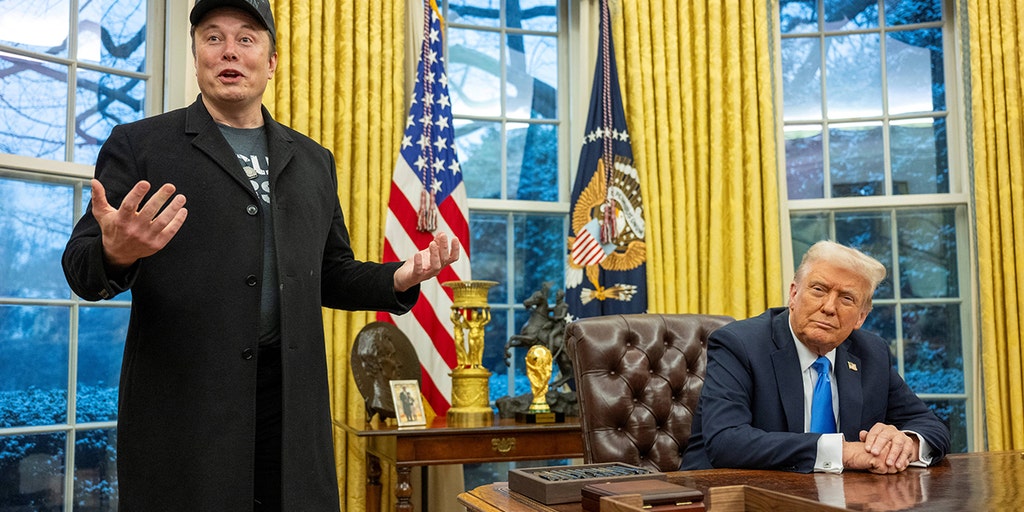Opposition to Trump's Federal Worker Buyout Offer and Its Implications
Democrats and unions opposing Trump's federal worker buyout offer face criticism as public support for Trump grows. Legal battles loom as the buyout program is upheld, revealing a clash of authority.
The opposition from Democrats and labor unions to President Donald Trump's offer to buy out federal workers is seen as a form of paternalism. As Democratic members of Congress accuse President Trump of diminishing government efficiency, their rhetoric has intensified with every cut made by Trump and his chief efficiency officer Elon Musk.
Rep. Kweisi Mfume, D-Md., highlighted this growing disdain by stating, "Every time you hear DOGE, the Department of Government Efficiency, you just remember it is the department of government evil."
Despite this opposition, public opinion appears to be leaning in favor of Trump's administration. Currently, polls show that Trump's popularity has surged compared to his first term, with a majority of Americans believing he is fulfilling his promises related to cutting government waste and spending.
Amongst these efforts is a controversial buyout offer extended to federal employees, allowing them to receive full pay while taking time off in exchange for resigning from government service. This generous offer has attracted around 75,000 federal workers.
However, warnings from Democrats that the buyout is a scam have emerged, with Sen. Tim Kaine, D-Va., cautioning workers not to trust that they will be compensated. Despite these claims, U.S. District Court Judge George O'Toole upheld the buyout program, asserting that Trump has the authority to execute such offers.
Unions representing federal workers are preparing to appeal the decision, amid concerns of declining membership. The legal grounds for challenging the buyout rely on interpretations of the Antideficiency Act, opposing the president's authority to use funds in this manner.
Counterarguments emphasize the presidential discretion outlined under Article II of the Constitution concerning the management of the executive branch and federal employees' duties.
This controversy showcases a fundamental struggle between legislative control over fiscal appropriations and executive authority in administering government operations.
Opponents of the buyout argue they are protecting workers, yet in doing so, they may be limiting choices for federal employees who wish to act in their best interests. The ongoing political battle puts the spotlight on the expectation for changes that voters communicated through the re-election of Trump.




















